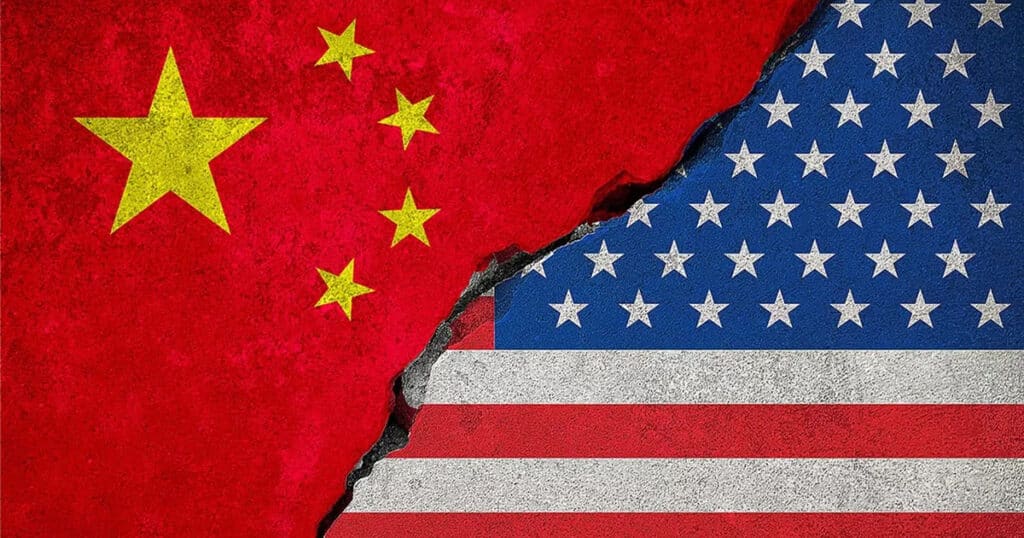
ACKMAN: China Will Inevitably Lose The Trade War; Trump Could Announce A Strategic Tariff Pause
Some have suggested that because China takes a very long-term view, China can ‘win’ a trade war with the U.S. which, according to the conventional view, is a much shorter-term player than China. The problem with this assessment is that the longer the tariffs persist, the more rapidly every company that has a supply chain based in China relocates it to India, Vietnam, Mexico, the U.S. or some other country.
China has to understand this dynamic, which is why it should be highly incentivized to make a trade deal as quickly as possible. Unless it is clear that a company can continue to source from China on economically viable terms, it must leave the country.
The longer high tariffs persist, the greater the likelihood that no company can be confident it can rely on China for sourcing or production over the long term. This is true for US and non-US companies. As a long-term player, China must understand this dynamic.
The China tariffs are very damaging in the short term to companies that rely on China for a large percentage of their goods or for parts to make their products. This is particularly true for small companies who don’t have the wherewithal to weather the storm. If the tariffs were to persist, our government could provide loans to help companies manage their transitions out of China, but I don’t think this will be necessary.
The tariffs are similarly damaging for medium-size and large businesses, but their greater financial resources allow them to better manage the tariff burden until they can relocate production outside of China.
In light of the above, both China and the U.S. are highly incentivized to take the tariffs down to more reasonable levels — say 10% to 20% — as quickly as possible. The only thing stopping the reduction in tariffs to a more sensible level is the fear on the part of both countries’ leadership of looking weak.
A pause, however, would not be a sign of weakness because it requires both countries to take down their tariffs. It is just common sense.
Both countries know that the 145% tariffs have to come down now. They are just trying to manage the diplomacy in such a manner to make clear that it is a mutual decision as opposed to one country ‘going first’.
So let’s imagine the U.S. and China agree to a 180-day pause to allow for negotiations to take place.
Once the pause is announced, China would be highly incentivized to make a deal as quickly as possible, whereas we have time on our side. This is true because the longer the tariffs persist, the greater the reputational damage to China as a reliable country in which to do business, and therefore the higher the probability that US and non-US companies will leave.
A lower level of tariffs in the short term will enable companies to better manage the transition out of China. It is a near certainty they will leave unless and until a new and highly favorable deal is made with China. Even then, no company will be confident it can rely on China for a major portion of its supply chain. That cake is already baked.
There is no board of directors or management team who will ever again feel comfortable relying on China for a major portion of their supply chain. The damage has been done.
The only hope for China as a place to do business is for China to immediately come to the table and make a deal which provides permanent commitments addressing IP theft, forced technology transfer, market access restrictions, tariffs, and other barriers to doing business in China.
If instead China stubbornly decides to hold out and not negotiate due to pride or other emotional issues, China will suffer that much more severe and permanent economic consequences. In China holds out, I expect we will launch a loan program to enable US companies to better manage the exit from China.
Time is the friend of the US and the enemy of China’s in this negotiation.
A pause and negotiations should therefore begin soon.
Tell me why I am wrong.


